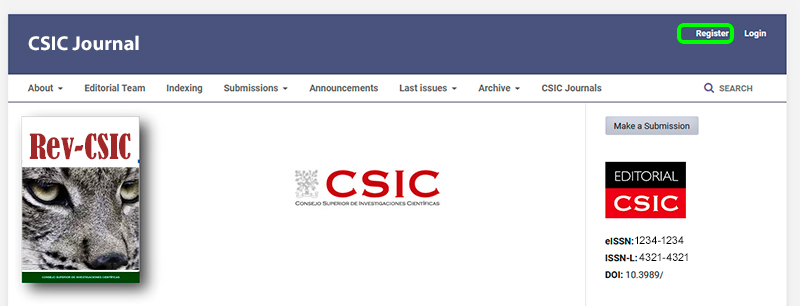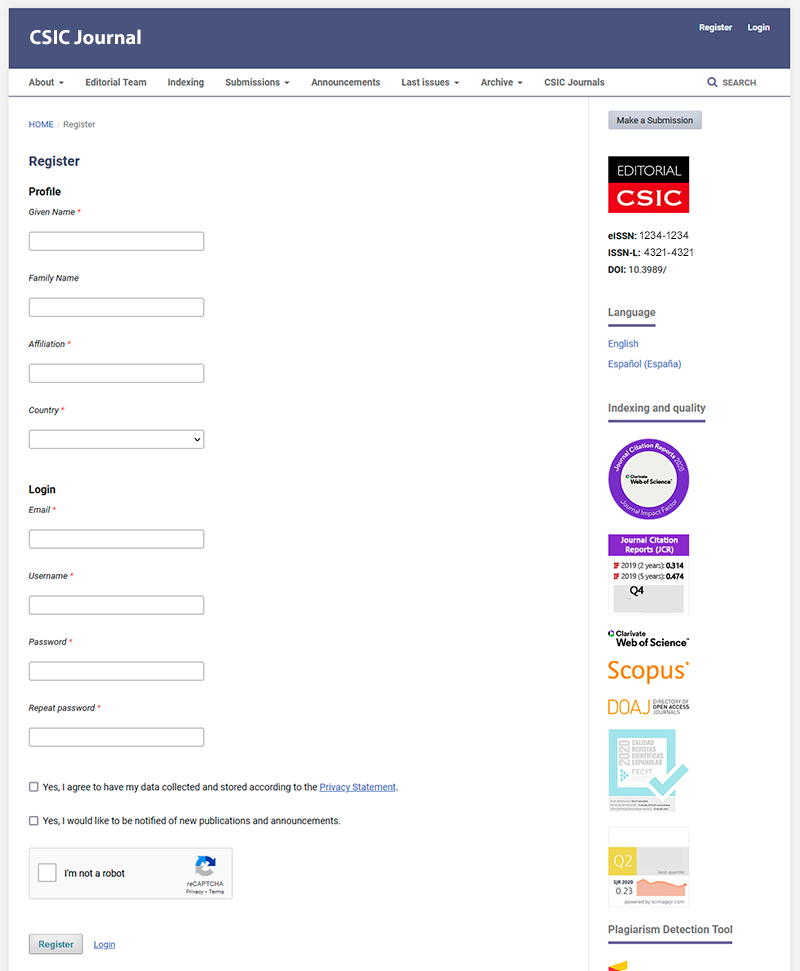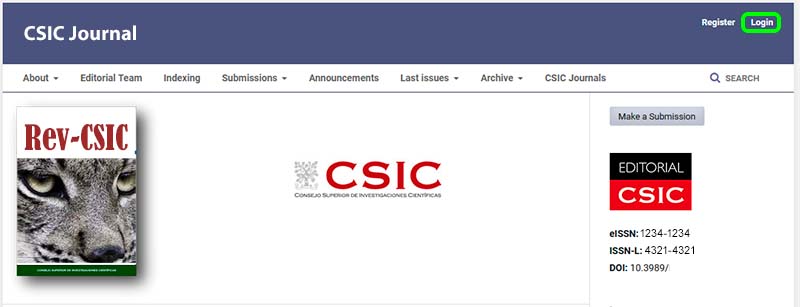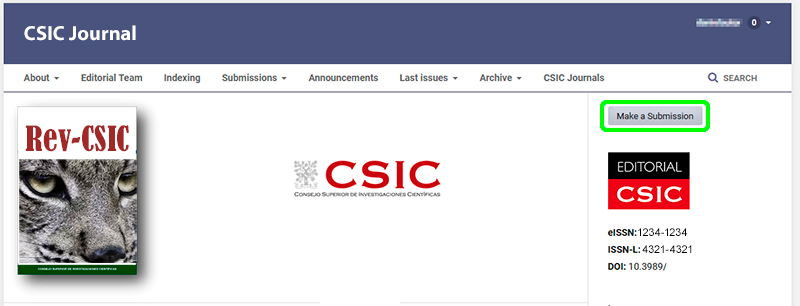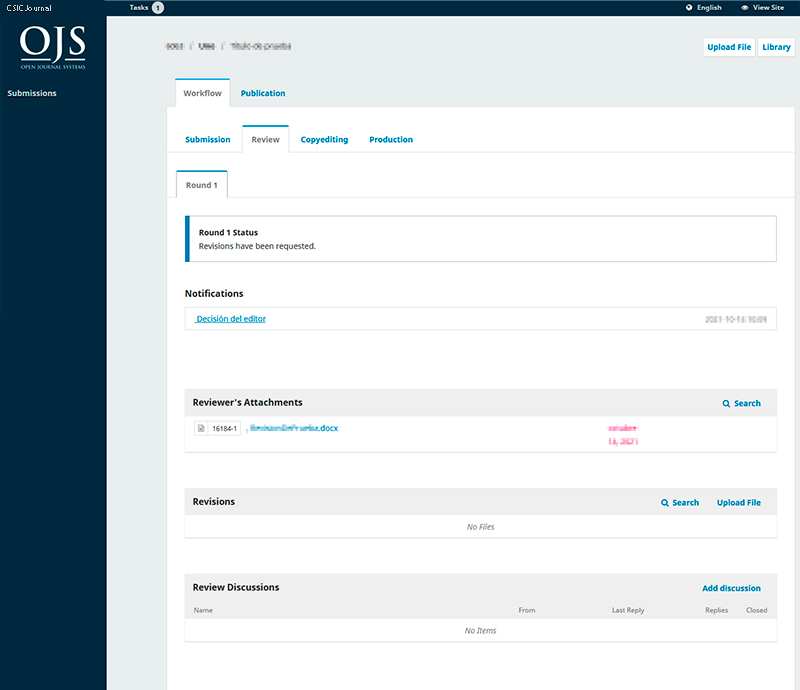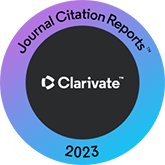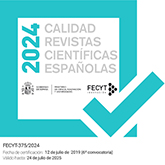Submissions
Submission Preparation Checklist
As part of the submission process, authors are required to check off their submission's compliance with all of the following items, and submissions may be returned to authors that do not adhere to these guidelines.- I've read Editorial CSIC's Good Practice Code and comply with all its guidelines.
- The Authorship, good publication practice and copyright transfer statement is filled and signed, and it'll be added to the submission.
- The article has not been previously published, and has not been sent to another journal for consideration.
- The submission is an original work and does not violate the copy and reproduction rights of other authored works. If necessary, the author has written permit for the reproduced work and a copy will also be submited.
- The person making the submission has been authorized by all the article authors to submit and act as their spokesperson in front of the journal during the review, editing and publishing processes.
- I have consulted and applied the journal's Research data policy.
- The article is adapted to the Microsoft Word template provided by the journal. If not done before submission, it will be compulsory if the article is accepted by the journal.
- The text adheres to the length, format, references, citation of figures, tables and equations (if applicable), and bibliography requirements outlined in the journal guidelines.
-
Each of the authors has been identified including the following data:
- Given name (in full form) and family name(s).
- Email contact address.
- Country of professional activity.
- Institutional affiliation.
- Open Researcher and Contributor Identifier (ORCID).
- Role/roles according to the CRediT taxonomy. - TWO versions of the article are sent. The first one is a Microsoft Word, LibreOffice or compatible file, which includes all the information related to the authors as well as the images, tables and any other graphic content. A second file, in PDF format, includes the same content as the first file, but excludes any information that may help to identify the author(s): name and affiliation, CRediT role/roles, self-citations, personal notes, metadata of the PDF file, etc. The second version will be used for the peer review process; therefore, all contents will be exactly the same in these two files, except for the modifications necessary to anonymise the PDF file.
Articles
Only original research articles will be published in this section. Manuscripts should not exceed 60,000 characters, including spaces. Supplementary materials (audios, data tables, interactive maps, etc.) are permitted, and will be included for publication on the Loquens' website. In order to ensure transparency and replicability, authors are recommended to make use of this option.
Submissions to this section are open all year round.
News
News of various kinds will be published in this section. They may be related to advances in research projects, or be calls for papers in conferences, etc. Its maximum length will be 45,000 characters.
This section is open all year round.
Book reviews
Reviews of books related to the topics described in the "focus and scope of the journal" section will be published in this section. They must have expository and critical content. The maximum recommended length for reviews is 10,000 characters. Contents to this section will only by reviewed by members of the Editorial Team. Authors wishing to have their books reviewed must send two copies to the journal's address, one for the reviewer and one to be incorporated into the Tomás Navarro Tomás (CCHS - CSIC) Library. Exceptionally, at the discretion of the Editorial Board, replies will be published, but in no case counter-replies.
This section only allows contributions by invitation. Check with the Editorial Team before sending a copy to the CSIC.
Copyright Notice
© CSIC. Manuscripts published in both the printed and online versions of this Journal are the property of Consejo Superior de Investigaciones Científicas, and quoting this source is a requirement for any partial or full reproduction.All contents of this electronic edition, except where otherwise noted, are distributed under a “Creative Commons Attribution 4.0 International” (CC BY 4.0) License. You may read here the basic information and the legal text of the license. The indication of the CC BY 4.0 License must be expressly stated in this way when necessary.
Self-archiving in repositories, personal webpages or similar, of any version other than the published by the Editor, is not allowed.
Privacy Statement
The Spanish National Research Council (CSIC) has a record of data processing activities. Data collected through this form will be incorporated and processed in the “Gestión de las actividades de producción y distribución de las publicaciones del CSIC” processing activity of Editorial CSIC in order to manage the requested service. It is the responsibility of Editorial CSIC to manage this record. If you wish to exercise your rights, please contact us through the postal address Vitruvio, 8, 28006 Madrid, Spain or e-mail address editorialcsic@csic.es. The data processing is legitimized by the consent of the person concerned. The data may not be transferred to third parties except in the cases provided for in current regulations on the protection of personal data. You have the right to file a claim with the Spanish Data Protection Agency. You have the right to withdraw your consent. If you wish to do so or to exercise your rights of access, deletion, rectification, limitation or portability, you can do so through this form. You can also contact the CSIC Officer for Data Protection via e-mail: delegadoprotecciondatos@csic.es
